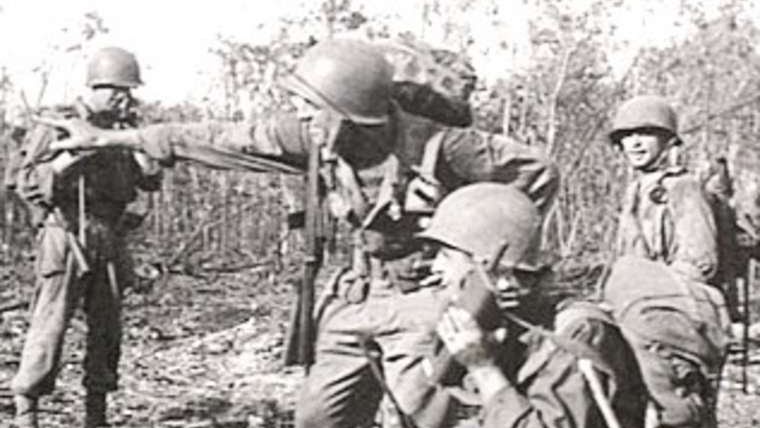"Communication studies" is an academic discipline that deals with processes of human communication. The discipline encompasses a range of topics, from face-to-face conversation to mass media outlets such as television broadcasting. Communication studies also examines how messages are interpreted through the political, cultural, economic, semiotic, hermeneutic, and social dimensions of their contexts.
History
What Job Can I Get With A Communications Degree Video
Other Names
Communication studies programs at universities are given various names, including "communication", "communication studies", "speech communication", "rhetorical studies", "communication sciences", "media studies", "communication arts", "mass communication", "media ecology," and "communication and media science." The curriculum varies based upon concentration.
Scope
Communication studies integrates aspects of both social sciences and the humanities. Much of the work being done in the field is academic in nature. As a social science, the discipline often overlaps with sociology, psychology, anthropology, biology, political science, economics, and public policy, among others. From a humanities perspective, communication is concerned with rhetoric and persuasion (traditional graduate programs in communication studies trace their history to the rhetoricians of Ancient Greece).
A focus on research development sets communication studies apart from general communication degrees. Many of the students that chose the field do so in order to pursue doctoral level ambitions. Requirements for undergraduate degrees focus on preparing students to ask questions concerning the nature of communication in society and the development of communication as a specific field.
In the United States, the National Communication Association (NCA) recognizes nine distinct but often overlapping sub-disciplines within the broader communication discipline: technology, critical-cultural, health, intercultural, interpersonal-small group, mass communication, organizational, political rhetorical, and environmental communication. Students take courses in these subject areas. Other programs and courses often integrated in communication programs include journalism, film criticism, theatre, public relations, political science (e.g., political campaign strategies, public speaking, effects of media on elections), as well as radio, television and film production. More recently, computer-mediated communication and the implications of new media for communication have drawn new research and courses.
Flexibility
Part of what makes communication studies popular is its reputation for being flexible. Graduates of formal communication programs take many different career paths, including university professors, marketing researchers, media editors and designers, journalists, advertising executives, actors, human resources managers, corporate trainers, public relations practitioners, and media managers and consultants.

Professional associations
- Association for Business Communication (ABC)
- Association for Education in Journalism and Mass Communication
- Association for Teachers of Technical Writing (ATTW)
- European Association for the Teaching of Academic Writing (EATAW), the main European association for writing studies
- European Communication Research and Education Association (ECREA), the main European association for communication studies
- IEEE Professional Communication Society (PCS)
- International Association for Media and Communications Research (IAMCR), a large international association for communication studies.
- International Association of Business Communicators (IABC)
- International Communication Association is the main international association for communication studies, which combines an older focus on quantitatively based social science studies with newer critical and cultural studies of communicative phenomena.
- National Communication Association (NCA): The main national professional organization covering many of the areas of communication studies in the U.S.
- Public Relations Society of America (PRSA)
- Society for Cinema and Media Studies is the main organization for film studies oriented communication research
- Society for Technical Communication (STC)
- University Film and Video Association is the principle organization for the study of motion picture production
Bibliography
- Carey, James. 1988 Communication as Culture.
- Cohen, Herman. 1994. The History of Speech Communication: The Emergence of a Discipline, 1914-1945. Annandale, VA: Speech Communication Association.
- Gehrke, Pat J. 2009. The Ethics and Politics of Speech: Communication and Rhetoric in the Twentieth Century. Carbondale, IL: Southern Illinois University Press.
- Packer, J. & Robertson, C, eds. 2006. Thinking with James Carey: Essays on Communications, Transportation, History.
- Peters, John Durham and Peter Simonson, eds. 2004. Mass Communication and American Social Thought: Key Texts 1919-1968.
- Wahl-Jorgensen, Karin 2004, 'How Not to Found a Field: New Evidence on the Origins of Mass Communication Research', Journal of Communication, September 2004.
Are You Looking for Products
Here some products related to "Communication Studies".
Amazon Jobs | Internships..
Quintessential Style: Cul..
Heath Zenith HZ-5411-WH H..
Avoiding the Dodgeballs....
Get these at Amazon.com* amzn.to is official short URL for Amazon.com, provided by Bitly
Source of the article : here


EmoticonEmoticon